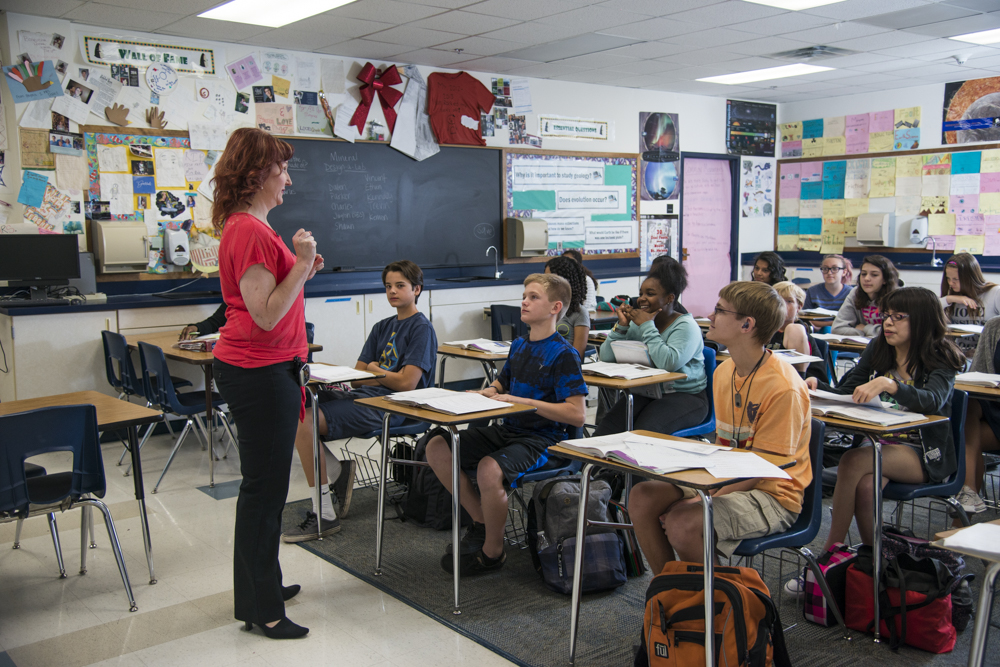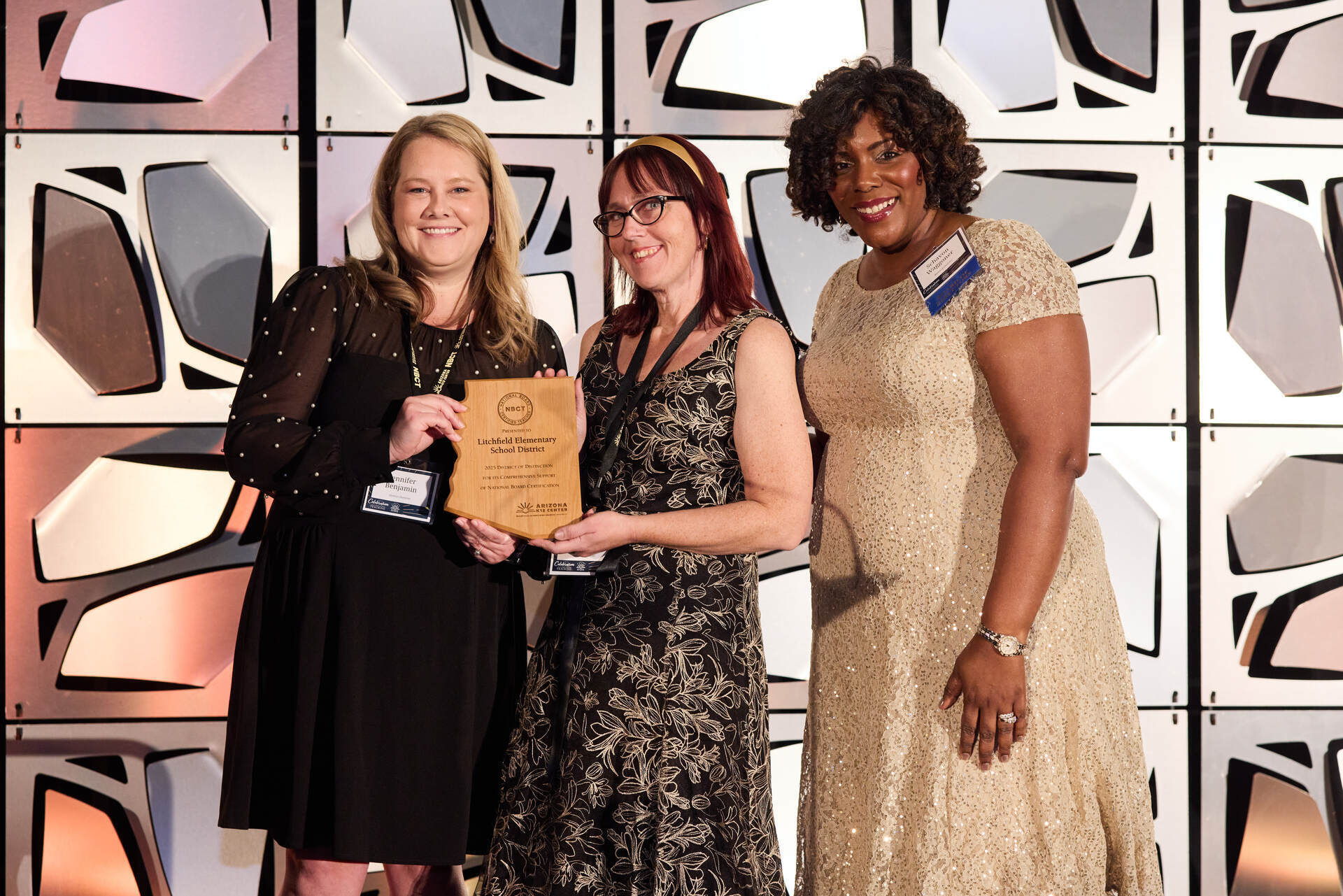January 3, 2019
It’s Our Duty: Getting Students Civically Engaged
Recently, adults aren’t the only ones participating in marches and demonstrations. As educators, we should celebrate and encourage participation.
To help our students become informed adults, they must have the opportunity to learn about community affairs and the steps they can take to become more civically engaged. Regardless of political affiliation, all teachers want their students to develop the knowledge, skills, and motivation to make a positive impact on society. It’s our job to help them see themselves as change agents.
What does it mean to be civically engaged?
Civic engagement is about informing yourself and working to make a positive impact in the community. Do your students know or talk about current events or things they’ve heard about in the news? Do they feel empowered to take social action? Civic engagement can also take the form of leadership opportunities, communicating with policy leaders, researching important topics, and more.
Why is civic engagement important?
Students should learn about the issues and challenges facing their community so that they can build connections with those around them. This also can lead to them being more socially conscious and aware of how their actions affect others, whether positively and negatively. Only then will they be able to work toward making change happen.
How do I get my students to civically engage?
Here are a few ideas to help get your students more involved:
- Service-learning projects: Connect students with their school and community to do something to make a difference while also learning at the same time.
- Role-play and simulations: Simulations require students to make connections between the political process and real life in a fun and engaging way. They become active contributors, and they are forced to make decisions that lead to particular outcomes.
- Class discussion and debates: This one can be a little scary! But with clear ground rules, debate can lead to richer learning outcomes. Connect it to current events. There are no wrong answers. Keep it student-led. Be mindful, respectful, and open to the opinions and beliefs of others.
Still stumped? Check out this free lesson from PBS for more ideas!











